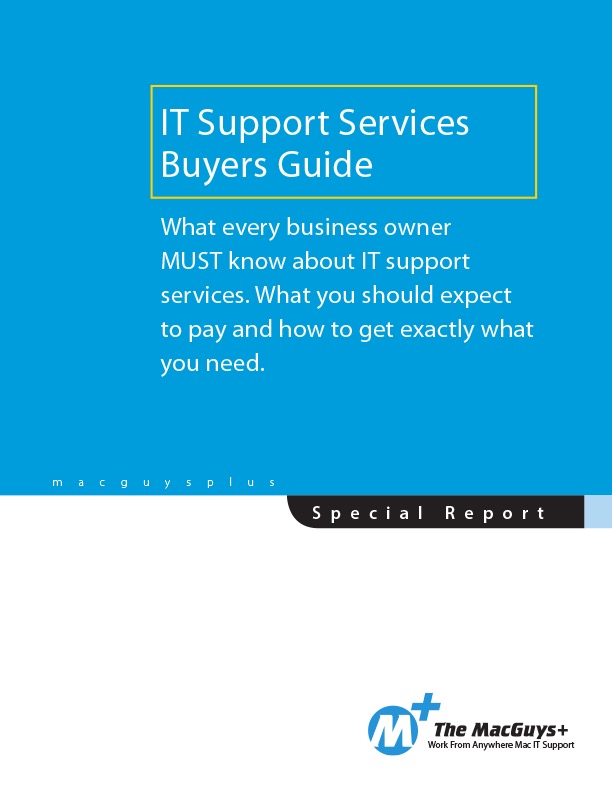
In 2023, cybersecurity entered a new era, marked by the rapid expansion of artificial intelligence (AI) in the arsenal of cybercriminals. These adversaries are now exploiting AI to streamline and enhance their attacks, targeting individuals and businesses to steal, extort, or cause widespread damage.
The general sentiment towards cyber threats often leans towards fatalism, with many adopting a resigned belief that breaches are unavoidable. This is compounded by skepticism towards the escalating warnings about cyber threats, which some dismiss as exaggerated or merely a tactic to promote security products.
However, the reality is undeniable: cybersecurity is no longer a matter of if but when a breach will occur. According to the Hiscox Cyber Readiness report, 53% of businesses experienced at least one cyberattack in the last year, with 21% of these attacks posing a direct threat to the continuity of the business.
Amidst the backdrop of the U.S. presidential election and international tensions, the cybersecurity landscape is particularly volatile, with hacking groups often driven by both monetary gain and retribution.
Essential Cyber Threat Developments:
- AI-Driven Cyberattacks: With AI serving as a powerful tool in cyber conflicts, attackers are increasingly deploying sophisticated deepfake and social engineering tactics to deceive victims and gain unauthorized access to funds or sensitive information.Recent scams have involved the use of AI to mimic the voices of family members, making calls to allege injuries, abductions, or other dire situations in attempts to swindle money. Similarly, this technology is employed to infiltrate companies by tricking employees into believing they are communicating with their IT support or supervisors, thus revealing sensitive login credentials.This underscores the critical importance of educating employees about these risks and implementing protective measures, such as multi-factor authentication (MFA). At The MacGuys+, we prioritize equipping your team with the necessary awareness training and offering a strategic plan to bolster your cybersecurity defenses.
- Risks Associated with Remote Work: The shift towards remote working has opened new avenues for cyber threats. Personal and professional use of devices outside secure office networks increases vulnerability to cyberattacks.An employee who visits gambling or adult content websites might be accessing these sites on the same device they use for company email or essential business applications. Additionally, signing into personal social media accounts that become compromised can serve as an entry point for hackers to breach your company's data via the personal profiles of your staff.
- Surge in Ransomware: Ransomware attacks are occurring with alarming frequency, underscoring the critical need for robust cybersecurity defenses and effective data backup solutions.In the previous year, there was a 37% surge in ransomware incidents, with ransom payments often surpassing $100,000 and demands averaging around $5.3 million.However, not every ransomware attempt ends in success for the attackers. Companies have become more adept at implementing cyber defense measures that thwart these extortion attempts. To safeguard our clients against ransomware, we emphasize the importance of robust endpoint protection solutions and the necessity of reliable backup systems.
- IoT Security Challenges: The proliferation of Internet-connected devices has significantly broadened the potential attack surface, introducing new risks as even seemingly innocuous devices can be exploited to gain access to private information.
- Regulatory Response to Cybercrime: The Federal Trade Commission (FTC) has been at the forefront of enforcing cybersecurity measures, penalizing companies that fail to protect consumer data adequately. Additionally, all 50 states plus Washington D.C. have enacted laws mandating security measures and data breach notifications, with significant penalties for non-compliance. For instance, under California's CCPA, companies could incur fines ranging from $100 to $750 per consumer, per incident, for failing to implement reasonable security practices.
This intensifying regulatory landscape emphasizes the urgency for businesses to reassess their cybersecurity posture. With the stakes higher than ever, ensuring compliance and protecting against cyber threats is not just a technical necessity but a legal imperative.
Not Sure If You’re As Protected And Prepared As You Should Be? Schedule your free call with one of our advisors by calling us at 763-331-6227 or booking a call here.





